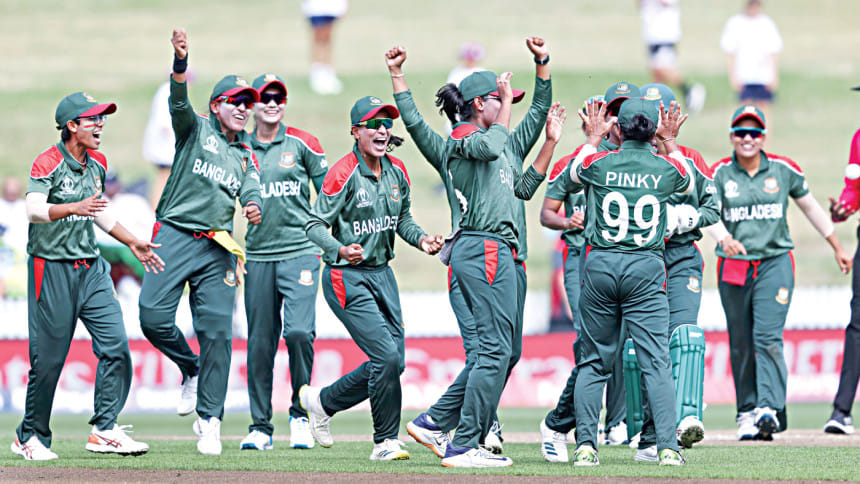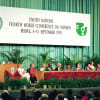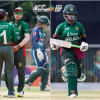NZC decision shines a ray of hope

Many probably did not notice, but the news was a huge step towards gender equality in sport, specifically in cricket, when New Zealand Cricket (NZC) and the players' association signed a five-year deal on Tuesday that will see male and female cricketers receive equal pay.
The agreement will see women at both international and domestic level receive the same match fee as men across all formats and competitions.
It was a step that broke the mould in women's cricket as NZC became the first board in international cricket to implement equal pay for males and females.
However, considering the current context of Bangladesh cricket, equal pay remains a distant reality despite a considerable improvement in narrowing the pay gap between men and women players in the national team.
The top centrally-contracted male cricketers like Shakib Al Hasan, Tamim Iqbal and Mushfiqur Rahim receive a monthly salary of over Tk 4,00,000 while the lowest monthly salary is over 2,00,000.
Although there has been a significant improvement in their package, an A-grade Bangladesh national women's cricketer like Rumana Ahmed, Salma Khatun or Nigar Sultana receive a monthly salary of over Tk 70,000 per month. Meanwhile, females in the lower grades get around Tk 50,000 as monthly salary after the Bangladesh Cricket Board increased the salary up to 33 per cent in an attempt to encourage female cricketers.
In terms of match fees, male players reportedly earn Tk 6,00,000 (approximately USD 7,000) per Test, BDT 3,00,000 (approximately USD 3,500) per ODI, and BDT 2,00,000 (approximately USD 2,350) for each T20I. On the other hand, women cricketers earn USD 300 and USD 150 for ODIs and T20Is respectively.
"It wouldn't be right to compare (New Zealand Cricket's initiative) because it wouldn't match in many contexts. We are trying to improve when it comes to discrimination between male and female cricketers and we have plans," BCB's women's wing chairman and director Shafiul Alam Chowdhury Nadel told The Daily Star. "But you also need to accept reality. What I can say is that it has changed a lot if you look at what it was in the past."
Despite the attempts to enhance women cricketers' pay in Bangladesh cricket, the picture in the rural and grassroots level remains disappointing. Many female cricketers don't even know what a match fee is. But there is a ray of hope, in that cricket can change the lives of these girls.
"Many girls who love this game and take it as a passion don't know what a match fee is. They only know that they have come from the village to Dhaka to play cricket and they dream of representing the Bangladesh team like Jahanara, Salma and others.
"However if we compare women's with men's, I believe that girls have shown great potential. If we can encourage our girls to play more cricket in rural areas, it will help us stop child marriage and parents will show more interest in allowing their girls to play this game," said former female cricketer Mishu Chowdhury.

 For all latest news, follow The Daily Star's Google News channel.
For all latest news, follow The Daily Star's Google News channel. 








Comments